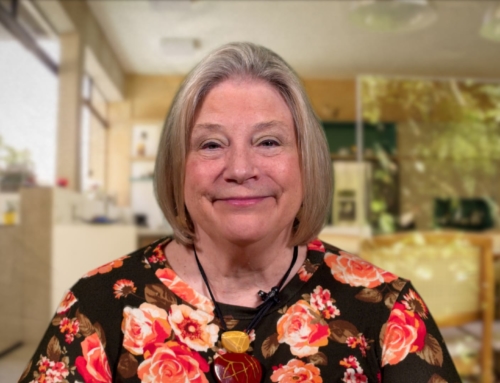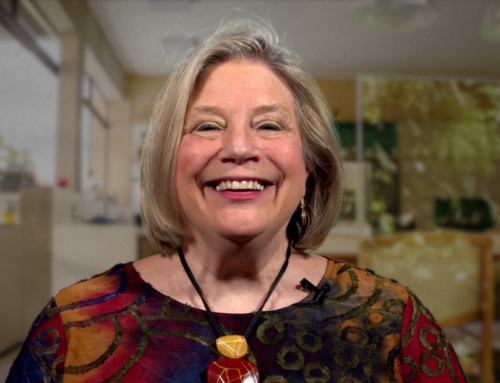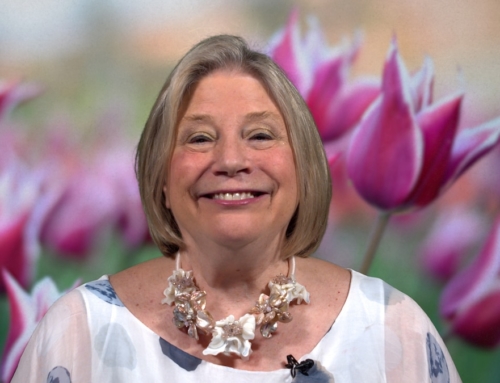“Jealousy in romance is like salt in food. A little can enhance the savor, but too much can spoil the pleasure and, under certain circumstances, can be life-threatening.”
― Maya Angelou
Chances are if you have committed to a long-term partnership at some point, you have experienced jealousy when it comes to your relationship. In the context of Attachment, jealousy can be a sign of insecure Attachment. Is it like salt on food or is jealousy the downfall of good relationships?
Context of Jealousy
If your partner is engaging in behavior that makes you uncomfortable or is out of bounds for the relationship, jealousy may not be entirely unfounded. Have you and your partner had a conversation regarding the boundaries of your relationship? What seems perfectly innocent to one partner may cause anxiety in the other. It’s a good idea to have a discussion about what feels right for you both and then to stick with it.
According to Stan Tatkin, PhD in his book titled, Wired for Love, he explains the couple bubble and how to maintain safety and security both privately and publicly for each other.
One aspect of the couple bubble is sharing relevant information with your partner first, though it may mean keeping a secret to yourself until the opportunity arises. Jealousy comes in many forms and from many places – sharing a promotion with a coworker before your partner can breach the couple bubble.
Communicate Your Feelings of Jealousy
If you see your partner chatting on social media or other communication with someone else and it sends off warning signals, let your partner know in a non-accusatory way. “I am jealous of how much you communicate with others. I would love that much attention from you.”
Having friends outside of your partnership is healthy. So is maintaining the safety and security of the couple bubble. Your jealousy may be unfounded, but your emotions are real. Keep your partner in the loop when it comes to how you feel.
The Science of Jealousy
Many researchers believe that jealousy exists because of a biological need for partner retention. In this sense, Maya Angelou might be onto something. Jealousy might let your partner know that they are valued and desired. On the other hand, extreme or irrational jealousy that turns into possessive behavior can undermine the trust in a relationship. Many couples try to make their partners jealous. Rather than playing this game, try open communication to express your needs constructively.
- I desire more of your attention
- Can we spend more time together?
- I want more of you (emotionally, sexually, intellectually)
- Can we have a date night?
As with all communication, it is a good idea to know the Love Language of your partner, so that you can speak to them in a way that touches their true heart’s desires.
DARe 2: Creating Healthy Adult Relationships covers Attachment theory and how our early development impacts our adult relationships. Check it out to learn more.







